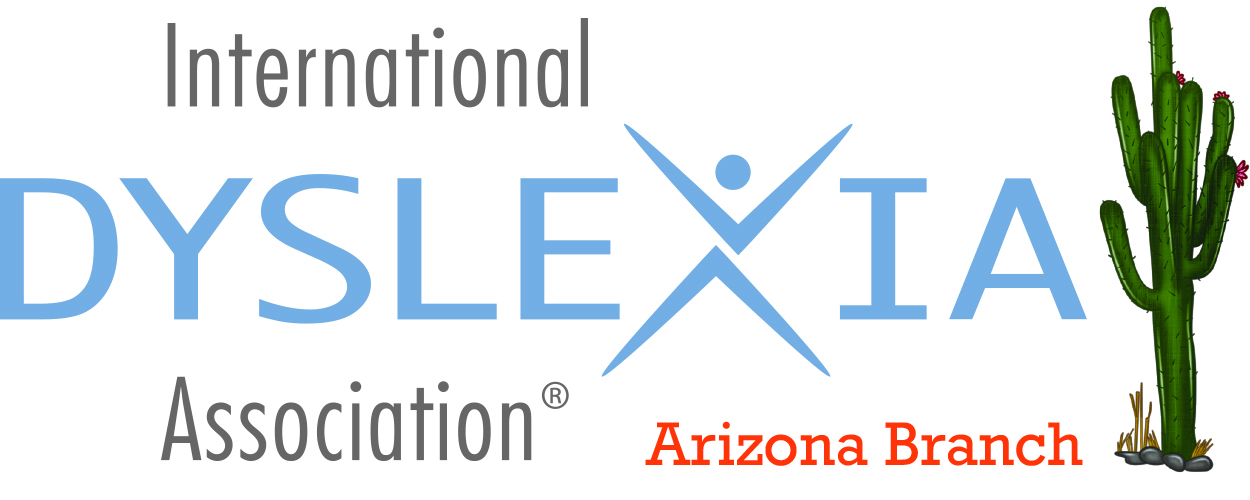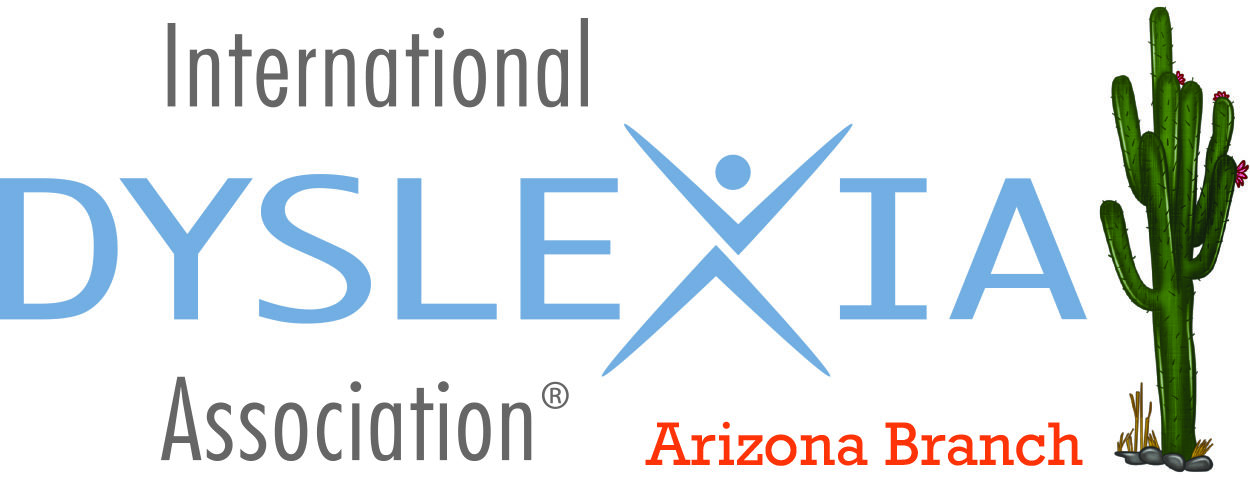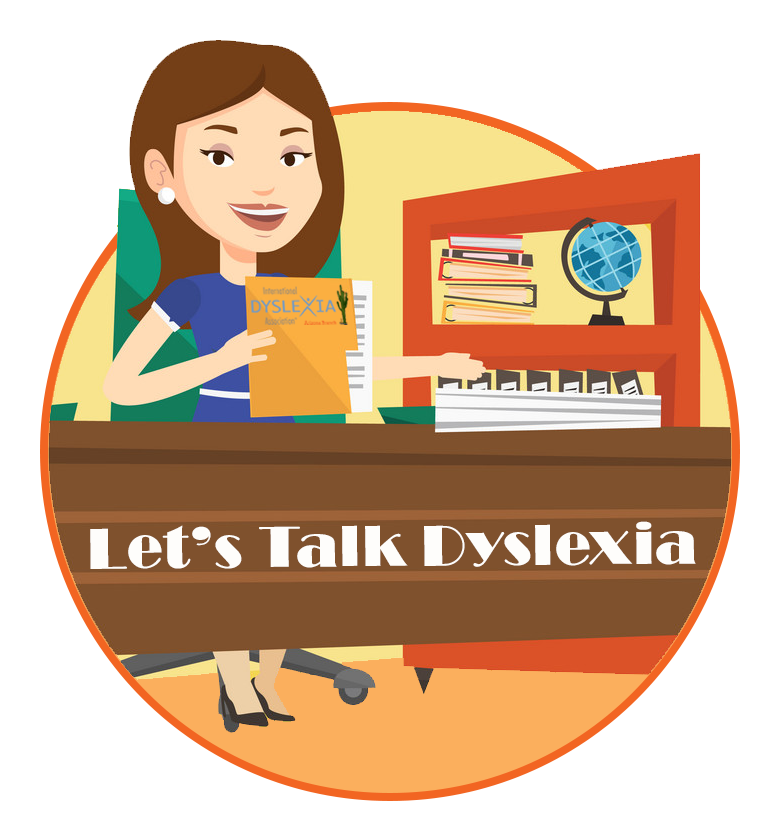Let’s Talk Dyslexia – August 2020 – Issue 3
“I have come to believe that in order to thrive, a child must have at least one adult in her life who shows her unconditional love, respect, and confidence.”
– Sonia Sotomayor

The Emotional Side of Dyslexia
By Beth Bovee, Board Member, Parent, and Private Tutor
When my daughter was a struggling reader in first grade, we spent hours on homework each night. We didn’t have a diagnosis, just a suspicion of dyslexia based on the research I was doing. The school denied our request for an evaluation. She was still able to “access the curriculum,” as they would say. There wasn’t enough evidence to support that she would qualify for special education services with an IEP. Unfortunately, she was maintaining decent grades, in part, because we worked so hard to help her after school.
In the classroom, she was brave all day. She tried her best, but it was exhausting. Our home was a safe place to let out all of the frustration and sadness. We saw how hard she worked, how much she struggled, and what that might do to her self-esteem.
One night during homework, she was crying, and an eyelash fell on her cheek. I told her to make a wish. She thought about it for a moment, and I watched her send her hopes to the wind. “Do you want to know what I  wished for?” she asked me. I nodded. “I wish I can read.” It broke my heart.
wished for?” she asked me. I nodded. “I wish I can read.” It broke my heart.
Now, several years later, the self-doubt continues, as children in her class can easily do the things she has difficulty with. Just the other day she said, “I don’t like my brain.” The typical classroom environment rarely values her strengths such as interpersonal skills, tenacity, or creativity. Though employers are desperate for those skills, they aren’t graded. We need to remind her that she has what it takes to be successful.
Last year while researching for a speech, I came across this study, The Emotional and Social Effects of Dyslexia It’s a powerful document showing what we, as parents, already know. Our AZ-IDA board of directors is fortunate to include a wide range of parents and professionals. We asked our very own Dr. Natalie Schoenbauer to weigh in. Natalie is the lead school psychologist in a title 1 district in Arizona. She provided great insight for both parents and educators on the emotional side of dyslexia.
Students with learning disabilities spend a lot of time and effort hiding their disability, not wanting others to know their struggles.
They often don’t ask for help because they don’t want to inconvenience others, including their teachers. Students need to be reminded that teachers are there to help them and that as a student, they are not intended to know everything. That is why they are in school, to learn. I hear from parents repeatedly that their child will say they are stupid. Dyslexia and intelligence are not connected. It has nothing to do with intelligence. It has nothing to do with intelligence and they are often bright individuals. Students need to be reminded that they are bright. Understanding what it means to have dyslexia gives students an opportunity to learn about themselves and about their learning styles.
Individuals with dyslexia are often extremely hard on themselves and are often their own worst critics. With that, teachers and parents alike need to understand this and work towards pointing out the child’s strengths and be patient when helping children with dyslexia learn. They are generally extremely hard workers who will struggle with self-confidence and make self-defeating statements. This is a protective mechanism, it is easier for them to say it first than to hear it from others.
It is really important for people to understand the energy students put forth in time spent trying to learn and keep up with their peers while working so hard to hide their struggles. It is like running a marathon every day. With that, when sent home with homework after a 6 hour day in school, it is comparable to asking the person who just ran a marathon to go run an additional 10 miles for practice. Everyone needs their time to rest and to have a balanced life. All work and no play make anyone tired, frustrated and defeated.
play make anyone tired, frustrated and defeated.
Individuals with dyslexia need to know that dyslexia is not who they are but something that is a part of them that they can understand and embrace. It is when they are educated on what dyslexia means and others understand them, truly understand them and appreciate their experience, then an individual with dyslexia is empowered.
What’s your story? Please share your experience here.
 ABOUT ME & MY IEP
ABOUT ME & MY IEP
Anyone who has experience with an IEP will tell you the document is long and detailed. It’s important to remember that this is your child’s personal educational road map and your child’s teacher may have several IEPs to follow. Our editable “All About Me and My IEP” worksheet is a helpful tool to introduce your child. You can provide the information you feel is most important. We suggest including your contact information, your child’s strengths, areas of focus, accommodations, and goals. Some may wish to include a definition of dyslexia or other resources that have been helpful in the classroom/learning environment.
About Me & My IEP – example About Me & My IEP – editable
See what’s new and what motivates us this month. Click on the links below.
|
Get Empowered ↓ |
Reimbursement Scholarships ↓ |
Learning Ally ↓ |
IDA Membership ↓ |
like Patrick Whaley & Mrs. Bennewitz! |
Open to all AZ Residents!Apply Today! |
Register Here! |
Explore the benefits of membership! |
In the next issue, we will be hearing from Dog on a Log creator Pamela Brooks!
If you’d like to be a guest contributor to Let’s Talk Dyslexia, please email us at info@arizonaida.org.
Stay well and Until Everyone Can Read!

For a PDF version of this post click here.


